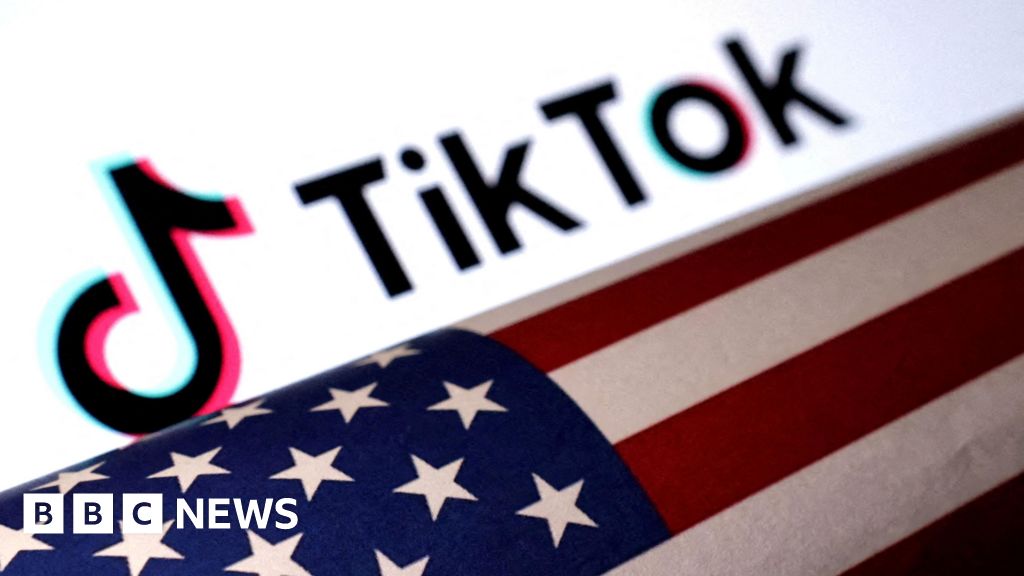- cross-posted to:
- hackernews@lemmy.bestiver.se
- cross-posted to:
- hackernews@lemmy.bestiver.se
TikTok’s bid to overturn a law which would see it banned or sold in the US from early 2025 has been rejected.
The social media company had hoped a federal appeals court would agree with its argument that the law was unconstitutional because it represented a “staggering” impact on the free speech of its 170 million US users.
But the court upheld the law, which it said “was the culmination of extensive, bipartisan action by the Congress and by successive presidents”.
[…]
The court agreed the law was “carefully crafted to deal only with control by a foreign adversary, and it was part of a broader effort to counter a well-substantiated national security threat posed by the PRC (People’s Republic of China).”



Big corporations cannot survive in a real free market. For that very reason real free markets do not exist. So the ‘legitimate businesses’ which do not do things as well as others do can survive.
As horrible as it sounds, no regulation is what makes a free market. But there is no free market because when there is talk of free market, it just means extreme regulation to stifle small, extremely small business. These businesses run by people who work with their own hands are what give the large ones a run for their money. They’re the real obstacle to large entities which do things in not the best way (so almost all of them). What people are left with are legitimate small businesses allowed under regulation after everything has been restricted already… and with the methods these follow, they’re no harm to the big entities. The common human be damned, they’re forced to choose from the least bad option for anything.
‘Free market’ in politics is a joke, an intentional joke. It wouldn’t be a little bit surprising if the ones who advocate for free markets most have a laugh, outside of public view, at people who actually believe their points.
To be fair… real free market would see the crashing of many industries as things go back to being a bit more practical. A slow process which takes even luxury to be affordable—but the meaning of luxury changes. Things inessential for survival would then be deemed luxury and such things, good things which are also very accessible, would be fairly common around. The main flaw with that, however, is the purpose of luxury. Luxury is hardly used to refer to things merely inessential for survival, they’re considered mere vehicles of showing your status and power (even though a relatively simple trick would be to not pay no heed to them). They are objects to enable one’s pride, ‘pride comes before the fall’ be damned to them. One can have solace in the thought that the fall really does come, though.
Note: I do not support deregulation, it just means to allow big corporations to fuck around at the cost of other humans. But then, I do not really support anything.